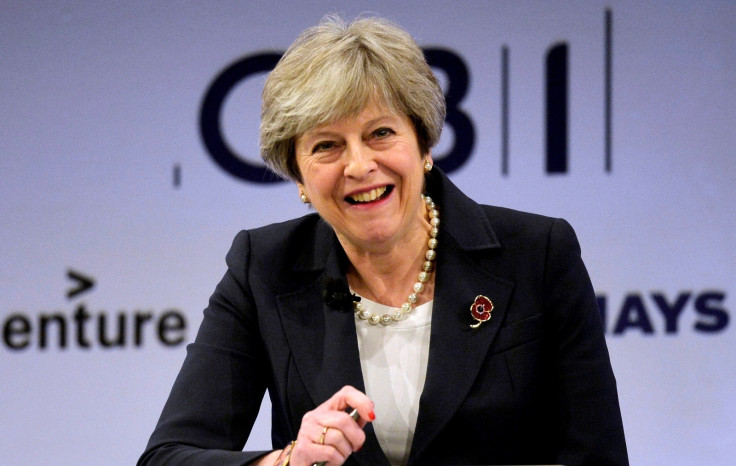Theresa May's social mobility vision overshadowed by Brexit – 'little hope for a fairer Britain'
All four MPs responsible for the Social Mobility Commission have now quit.

UK Prime Minister Theresa May's hopes of a fairer Britain were seemingly dashed this week as all four MPs responsible for social mobility quit, issuing a sharp warning that the government is more preoccupied with Brexit than working to help disadvantaged citizens.
Alan Milburn, the now-former chief of the Social Mobility Commission, said in a resignation letter that politicians have "zero prospect" of creating a more equal society. He walked out alongside three fellow chiefs - including Tory ex-cabinet minister, Baroness Shephard.
Milburn, a former Labour minister, claimed the government lacked the ability "to ensure the rhetoric of healing social division is matched with the reality."
He wrote: "I have little hope of the current government making the progress I believe is necessary to bring about a fairer Britain. It seems unable to commit to the future of the commission as an independent body or to give due priority to the social mobility challenge."
When the prime minister started the role, she pledged to combat the "burning injustices" faced by some communities in the UK. But Milburn said he saw "little evidence" changes were imminent.
He told The Times: "[May] has said a lot about her desire to improve social mobility. Talking the talk is all very well, but you also need to walk the walk.
"I see precisely no chance of making progress. They are so concerned with Brexit that there is no bandwidth to focus on any of this stuff."
He added that he had witnessed "indecision, dysfunctionality and a lack of leadership."
Milburn warned Brexit voters would suffer from a lack of progress. He said "the correlation between the worst parts of the country for social mobility and the Brexit vote is almost absolute."
The board believed that failure to act would result in the UK becoming a "breeding ground" for political extremism. Milburn noted it would be "deeply corrosive of our cohesion as a nation."
But in response, a UK government spokesperson said the establishment remained "committed to fighting injustice" and claimed to be "making good progress with social mobility."
A statement read: "We have increased the national living wage, cut income tax for the lowest paid and doubled free childcare. We accept there is more to do and that is why we are focusing our efforts in disadvantaged areas where we can make the biggest difference."
On 1 December, an Ipsos Mori poll said voter confidence in May was at its lowest ever point.




















